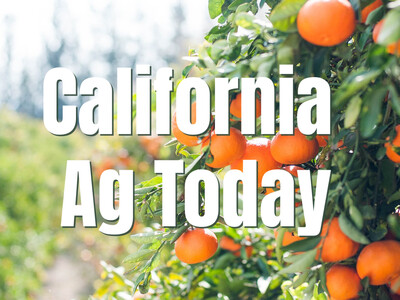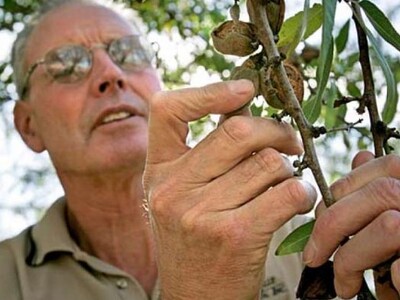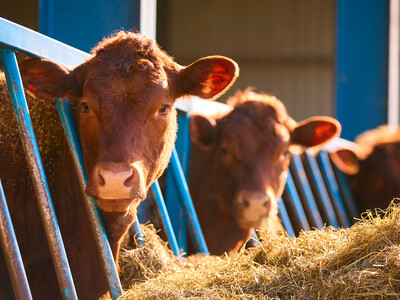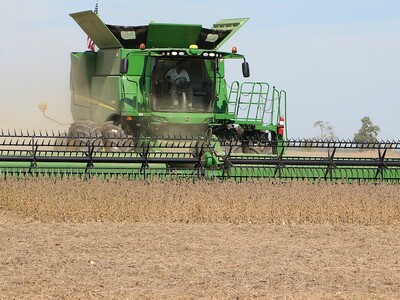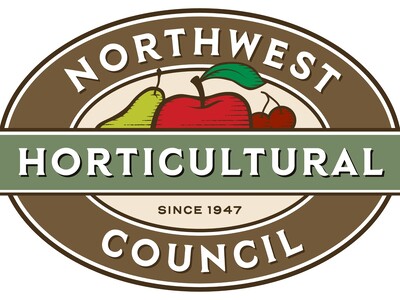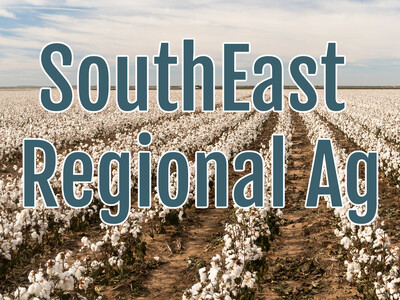Food, Farm and Jobs Bill & Bear Caution
Food, Farm and Jobs Bill & Bear Caution plus Food Forethought. I’m Greg Martin with today’s Northwest Report.
We keep hearing about the Food, Farm and Jobs or Farm bill. Ag Secretary Tom Vilsack says USDA hasn't lost sight of a key requirement for programs to continue - the passage of a comprehensive, multi-year, Food, Farm and Jobs bill.
VILSACK: USDA intends to provide whatever technical assistance we can to help Congress pass a long-term, comprehensive bill. A Food, Farms and Jobs bill would allow USDA to continue our record accomplishments on behalf of the American people while providing new income opportunities across rural America. It would enable USDA to further expand markets for agricultural products at home and abroad, strengthen conservation efforts , create new opportunities for local and regional food systems and grow the bio-based economy.
Caution is being urged for those that like to frequent state parks where bears are known to inhabit. Most bears have come out and may be on the lookout for an easy meal. Be sure you secure any garbage cans, picnic baskets and more to prevent an unwanted intrusion. For the most part, bears avoid human contact and will hide from noise but several encounters have already been reported. If you plan on visiting a site where there are known bears, do your homework and know how to avoid a visit from Yogi and Boo-Boo.
Now with today’s Food Forethought, here’s Lacy Gray.
Last week the USDA and the EPA released a comprehensive scientific report on honey bee health. The agencies’ report does not point to any one “smoking gun” in the plight of the honey bee, in fact, multiple factors are listed in the report as playing a role in honey bee colony declines. Those include parasites and disease, poor nutrition, genetics, and yes, pesticide exposure. Representatives for the USDA have stated that steps have already been taken to improve the plight of the honey bee through the cooperation of farmers around the country incorporating bee habitat into their land through the Conservation Reserve Program, the Environmental Quality Incentive Program, and the Conservation Stewardship Program. Farmers are well aware that honey bees are the major crop pollinator in the United States and are just as eager to help protect this important little insect. That’s why many are talking with their local beekeepers to find out if there are beehives near their fields, containing treated seed and cleaning up any that may fall on the ground, and notifying local beekeepers when they plan on applying crop protection products. Farmers know that their business relies on honey bees surviving and thriving.
Thanks Lacy. That’s today’s Northwest Report. I’m Greg Martin on the Ag Information Network.






